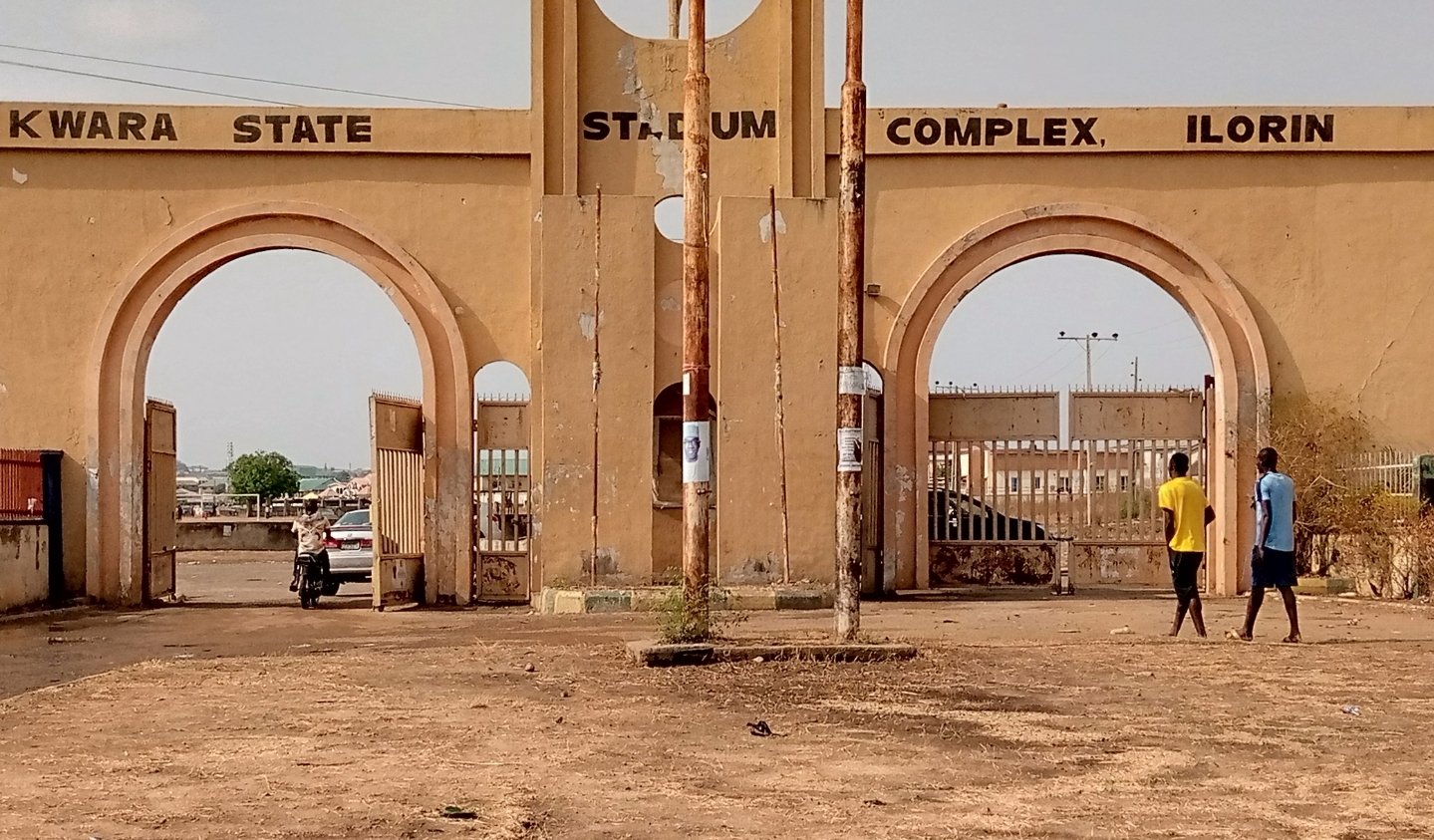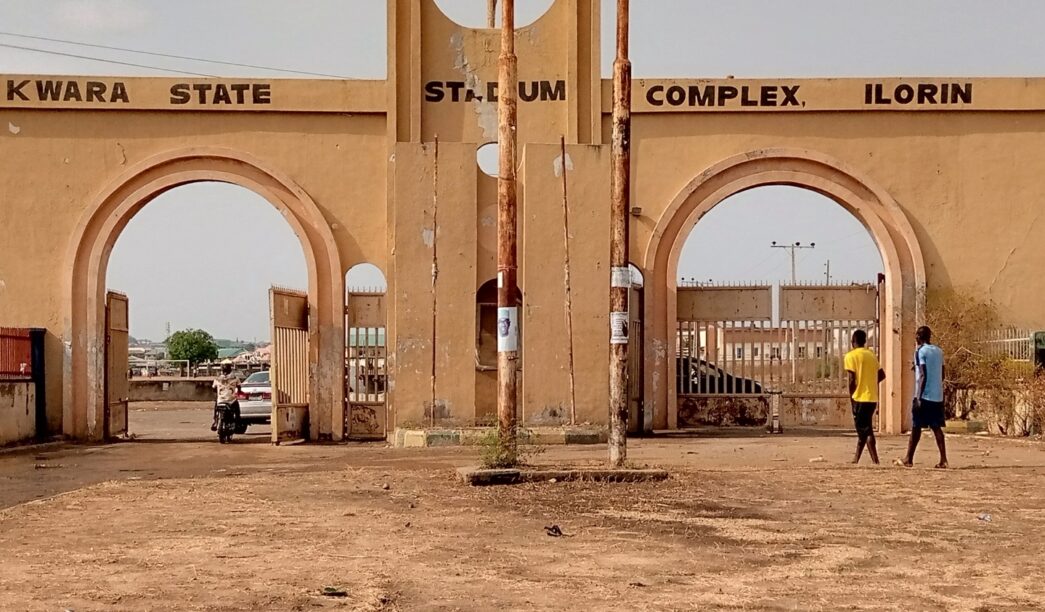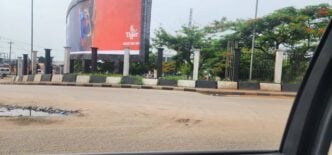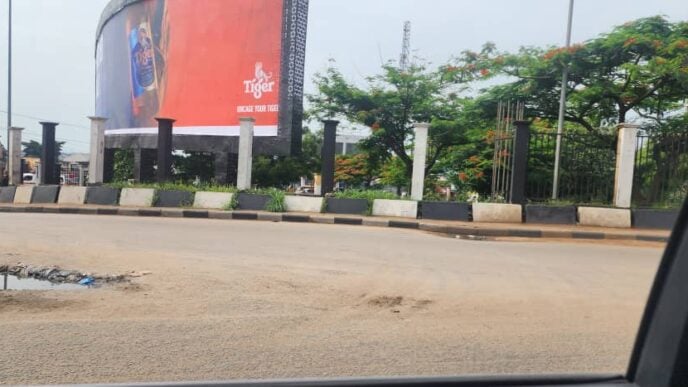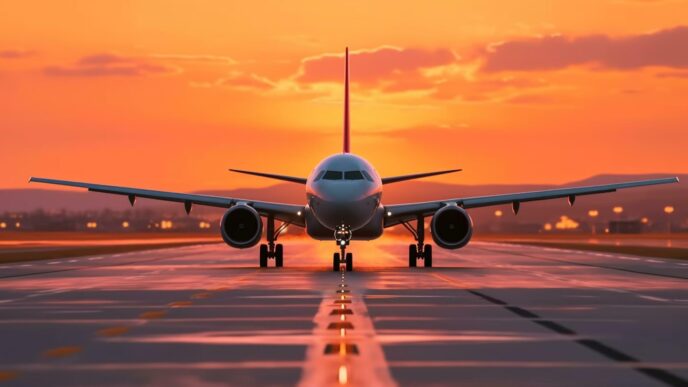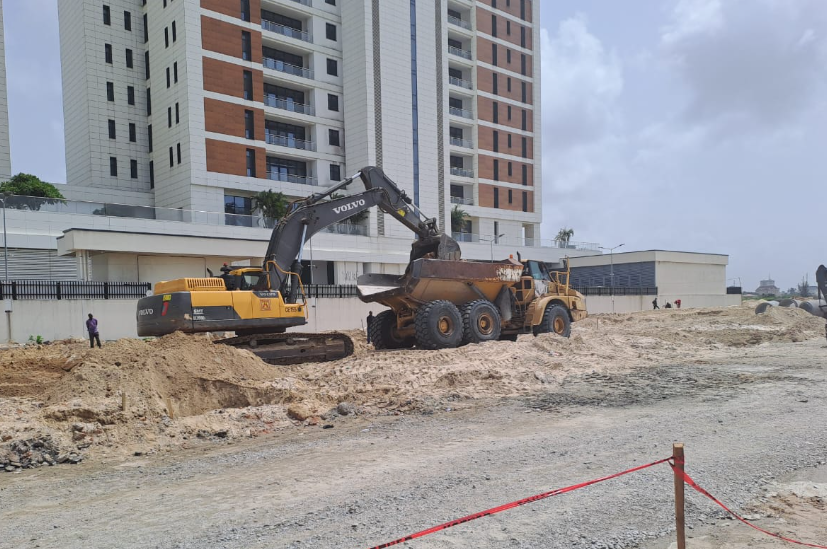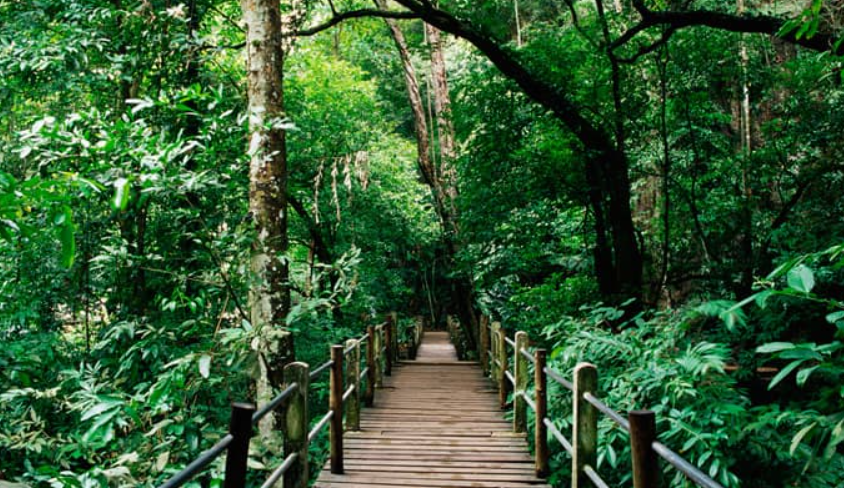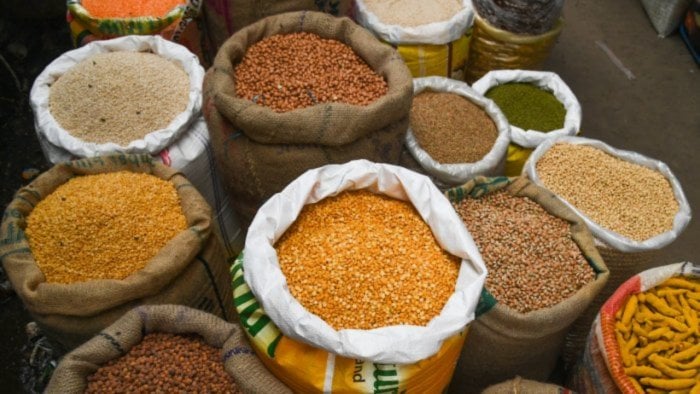Once a bustling hub of commerce and entertainment, the Kwara State Stadium (now, George Agbazika Innih Stadium) in Ilorin was more than just a sports venue. It was a thriving economic ecosystem. With about 30 shops, offering everything from sports wears, materials/equipment, to pepper soup and beer, the stadium was a place where businesses thrived alongside football, and other sports passion.
However, the sudden decline in economic activity coincided with, first, Covid-19, and then, Kwara United’s supposed temporary relocation from the stadium (to Ibadan and later, Akure) due to the stadium’s failure to meet the accreditation requirements to host matches in the Nigerian Premier Football League (NPFL), as stipulated by Interim management Committee (IMC), thus leaving vendors and small businesses in despair. This is because, fans who came around to watch matches and then patronise these businesses no longer had any reason to visit, since their darling team now plays its home matches, away from home. Mind you, Kwara United Football Club is the single largest magnetiser of people to the stadium.
Many restaurateurs have had to close shop, while those who sell sporting equipment have no option than to sit down in front of their shops, and hope for the best, while wearing forlorn looks.
The Glory Days: A Stadium Alive with Commerce:
Advertisement
In its days of glory, the Stadium was a self-contained micro-economy of its own. Beyond hosting football matches, and other sporting events like the National Youths Games, it provided means of livelihood for:
I. Food vendors, selling local delicacies like pepper soup and “Suya”, among others.
II. Merchants, dealing in sports jerseys, boots, equipment, and memorabilia.
Advertisement
III. Entertainment spots, where fans gather before and after matches, to unwind on weekdays and weekends alike. Sports journalists were not left out. Some would stay back, after a match, to have a shot at a chilled bottle of their favourite drinks, accompanying a plate of pepper soup.
The stadium’s (Rashidi Yekini) main bowl with 18,000-seat capacity, and the indoor Sports hall that hosts Table tennis, Basketball, scrabble, draft, Boxing, Wushu Kungfu, Tae Kwan Doo, Karate, and other martial arts, ensured a steady flow of spectators, creating a vibrant atmosphere that extended beyond match days. This is not to talk of the numerous training pitches starting from the main gate, hosting dozens of football academies in the State’s capital.
The Kwara Football Academy is another village on its own within the facility, attracting a horde of visitors to the stadium daily. It is worthy of note that, the George Agbaizika Innih stadium is the only stadium in Nigeria that could pass for an Olympic stadium, barring its size. It is the only stadium in the country that, if it hosts a multi – sports events, like the Olympics, the National Sports Festival, or the All African Games, facilities for all the sports are concentrated in one place. This eliminates the cost of transportation from one location to another. The complex is sitting on a land mass of about 100 hectares.
The Decline: Why Did Businesses Collapse?
Advertisement
The downturn began, first, when Covid-19 happened and the consequent lock down that brought the world to a stand still for months. This was then followed by the stadium ban of Kwara United, the State’s premier football club, due to facility inadequacies. The ban forced them to alternate their home matches between Ibadan (174 kilometers, about 3 hours drive from Ilorin) and Akure (208 kilometers, about 4-hour-30-minute’s drive from Ilorin). For about two seasons, the State’s sole representative in the country’s Premier division became Internally Displaced. They had to relocate, for the pitch to be regrassed. And the regrassing was taking like forever. That was down to planlessness on the part of the team’s management, who knew during the off-season, what the NPFL requirements are, as far as the standard of pitches is concerned, but did nothing, until the hammer fell on the team. That is a topic for another day.
The Nigeria Professional Football League (NPFL) temporarily barred the venue in 2021 for failing integrity tests, citing poor dressing rooms, toilets, and electronic scoreboards. Although the ban was later lifted, the disruption had already taken its toll:
- Loss of foot traffic. Fewer matches meant fewer customers for those small-scale businesses.
- Business closures: Many vendors could no longer sustain operations.
- Stadium neglect: Without regular events, maintenance dwindled, further discouraging visitors.
Even after Kwara United returned, the economic revival has been so slow that, one begins to wonder if the community would ever recover its bustling ambience. The club’s decision to abolish gate fees most of the time in 2025, while fan-friendly, may have further reduced revenue streams that previously supported ancillary businesses.
Furthermore, the politically induced hostility of the Kwara State Sports Commission, towards a privately owned, and the second-biggest football club in the State — ABS (Abubakar Bukola Saraki) Ilorin Football Club, which culminated in its eviction from a building that used to serve as its secretariat, is another factor that contributes to the death of economic activities within the stadium. The club currently campaigning in the Nigerian National League (NNL) used to be in the Premier division, until it got relegated years ago. On its home match days, fans would troop into the stadium to enjoy football matches with their loved ones, and the traffic rubbed off on the businesses located within the stadium complex. Even street hawkers are not left out. On days that are not match-days, their secretariat receives visitors steadily.
Advertisement
But, after the club was evicted from the building it was occupying and maintaining, on the instructions of the Chairman of the Sports Commission, Mr. Bola Magaji, under the pretext that the building would serve as his office as the Executive chairman of the commission, the whole thing about in flow of visitors stopped. It was a thinly veiled political vendetta, against the person whose name is attached to the club. It may not necessarily be with the instruction of the State Governor, but maybe somebody somewhere traveled that route to impress the Governor. Furthermore, it was observed that, since ABS Ilorin FC were evicted from the building in 2021, nobody, except rodents and reptiles, have occupied the building. As a result, the dilapidation has been very steady. The fixtures and fittings have all been looted by burglars. Any moment from now, the structure may collapse, if not put into any (good) use by the Bola Magaji-led Sports Commission.
Restoring the Stadium’s Economic Pulse; to bring back the lost vibrancy, a multipronged approach is needed:
Advertisement
1. Upgrade Stadium Facilities — the Kwara State government has already committed about ₦2.06 billion into renovating the indoor sports hall, signaling a willingness to invest. Expanding these efforts through private sector participation (PSP) to include:
– Modern concessions and vendor spaces. — Improved restrooms and fan amenities. — Better lighting and security to encourage night events. These would prevent the environment from being taken over by hoodlums, kidnappers or ritual killers, because of the dingy and desolate nature of some parts of the facility.
2. Diversify Stadium Usage:
The stadium (not the main bowl, please) should not rely solely on football. Potential activities include:
– Concerts and cultural festivals (e.g., Durbar celebrations, etc.). Political rallies should never be allowed, as there is a purpose-built State-owned “Metropolitan Square” along Asa Dam — Offa Garage Road.
-Fitness and community programs (youth training, marathons).
— Corporate events, and trade fairs.
— Cyber Cafe, and cash points (POS), Barbing salon among others.
Advertisement
3. Public-Private Partnerships (PPP).
Encouraging private investors to manage sections of the stadium, such as food courts or merchandise shops—could inject new life into the venue. The proposed Kwara Garment Village and Industrial Park (budgeted at ₦5 billion) could serve as a model. The garment factory could even be made to have a shop within the stadium complex too, to showcase their products to visitors.
4. Reintroduce Controlled Gate Fees:
While free entry may boost attendance, a hybrid model, the kind Kanu Nwankwo just introduced at Enyimba, where premium sections for high-profile matches have ticketed access—could generate revenue to support vendors and maintenance.
Advertisement
5. Leverage Tourism Potential:
Kwara State has consistently underutilized attractions like the “Pategi Regatta”, Ilorin Durbar Festival, Ijakadi Festival (in Offa), “Owu Falls” and “Esie Museum.” Bundling stadium events with tourism packages could draw more visitors.
In conclusion, the Kwara State Stadium’s economic decline was not inevitable—it was a consequence of neglect and mismanagement. However, with strategic investments like the State Government is currently doing, diversified programming, and stakeholder collaboration, it can reclaim its status as a “hub of sports, commerce, and community life.” The government, private sector, and fans must work together to ensure that the stadium is not just a playing field but a “beacon of economic revival.” Governor Abdulrahman Abdulrazaq is someone who has traveled far and wide and, as a person who is passionate about sports development, understands these things. The Emirate stadium, Stamford Bridge, Tottenham Hot Spur stadium, all in London; Old Trafford, and Etihad stadium in Manchester; Anfield in Liverpool; Johan Cruyff Arena in Amsterdam, Bernabéu in Madrid, Camp Nou in Barcelona, are living examples after which, what we want “the George Agbazika Innih Stadium” to be, can be modelled. A delegation could even be raised to go, visit these aforementioned stadia, to have a proper understanding of what business ecosystem these facilities we’re talking about, are.
The Question Remains: Who Will Take the initiative?
The answer, of course, is, Governor Abdulrahman Abdulrazaq, on whom fate has thrusted the responsibility, at this critical juncture, to set Sports the State on a path of sustainable development, consolidating on what his predecessors have done.
Abubakar writes from Ilorin, Kwara state. He can be reached via or [email protected]
Views expressed by contributors are strictly personal and not of TheCable.

